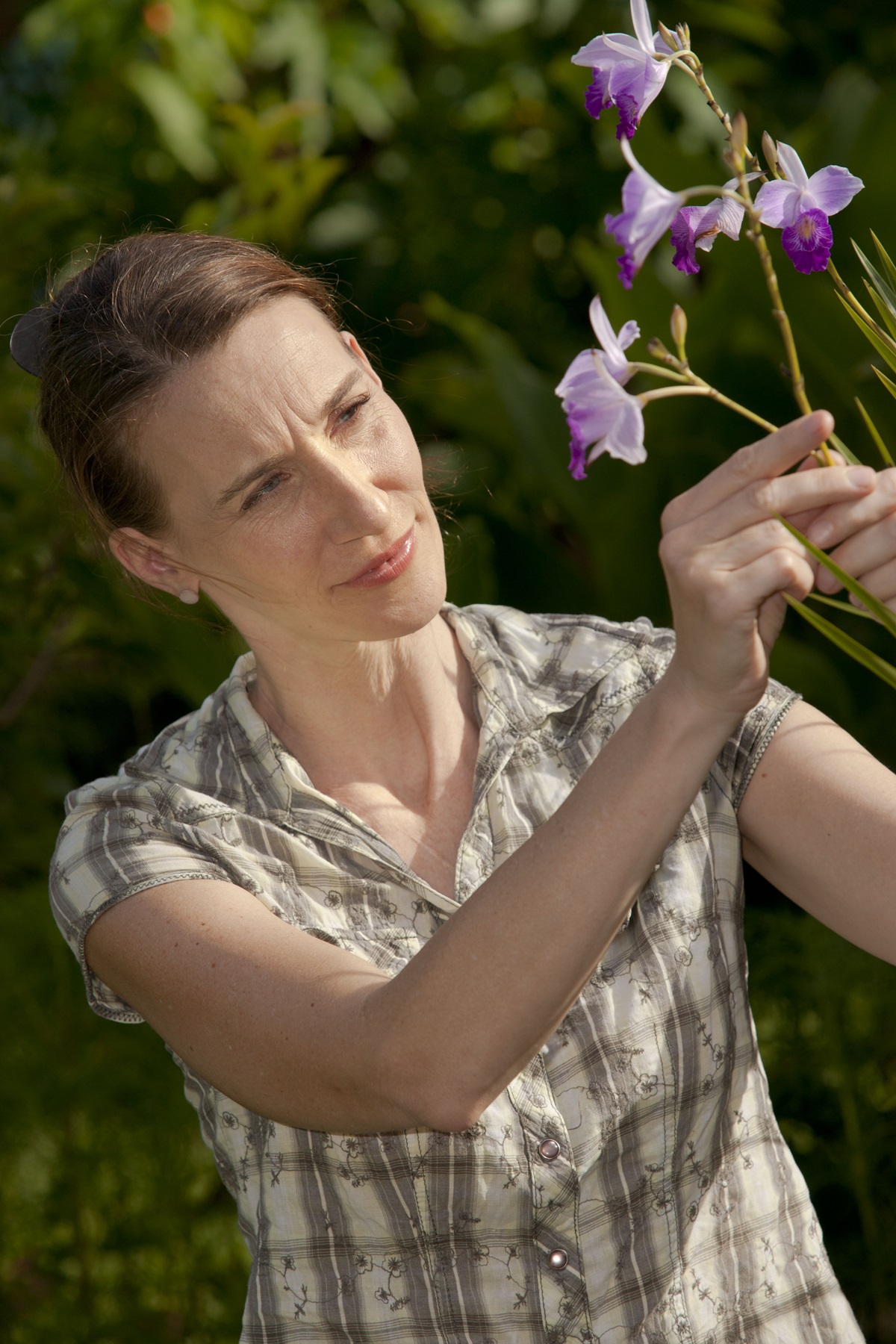15 June 2020, Rome – Tunisia’s traditional Ramli agricultural systems in the lagoons of Ghar El Melh and its hanging gardens from Djebba El Olia, have been recognized as Globally Important Agricultural Heritage Systems (GIAHS), a designation managed by the UN Food and Agriculture Organization (FAO). It is the second time Tunisian sites have won the GIAHS recognition, after Gafsa Oases in 2011.
Both sites reflect profound bonds between the cultivated crops and the natural ecosystem, local fauna and flora, while promoting the preservation of traditional knowledge and biodiversity conservation. Their recognition as GIAHS sites will encourage local communities to better treasure and conserve their heritage for future generations.
Ramli cropping practices in Ghar El Melh
Ramli, meaning “on sand”, are agricultural practices that consist of growing crops on sandy substrates. Unique not only in Tunisia but in the whole world, these gardens were created in the 17th century by the Andalusian diaspora to cope with the lack of cultivable land and fresh water.
The ingenious practices are based on a passive irrigation system where the roots of the plants are fed throughout each season by rainwater stored and floating on the surface of the sea through the movement of the tides.
The traditional knowledge preserved over the centuries enables farmers to maintain the lagoon plots through the precise supply of sand and organic matter so that the crops reach the right height, allowing the roots to be irrigated by a fine fresh water and not to be affected by salt water.
Hedges of fruit trees and shrubs on the lagoon barrier protect the cultivated plots from wind and sea spray, help slow down evaporation and fix the sand. Such a multifaceted system makes it possible to grow crops all year round without artificial water supplies, even during periods of drought.
Today, fishing and agriculture are the main subsistence activities in the area. The farms of Ghar El Melh are small (81 percent have less than 5 hectares) and their primary production includes potatoes, beans and onions “on ramli”.








